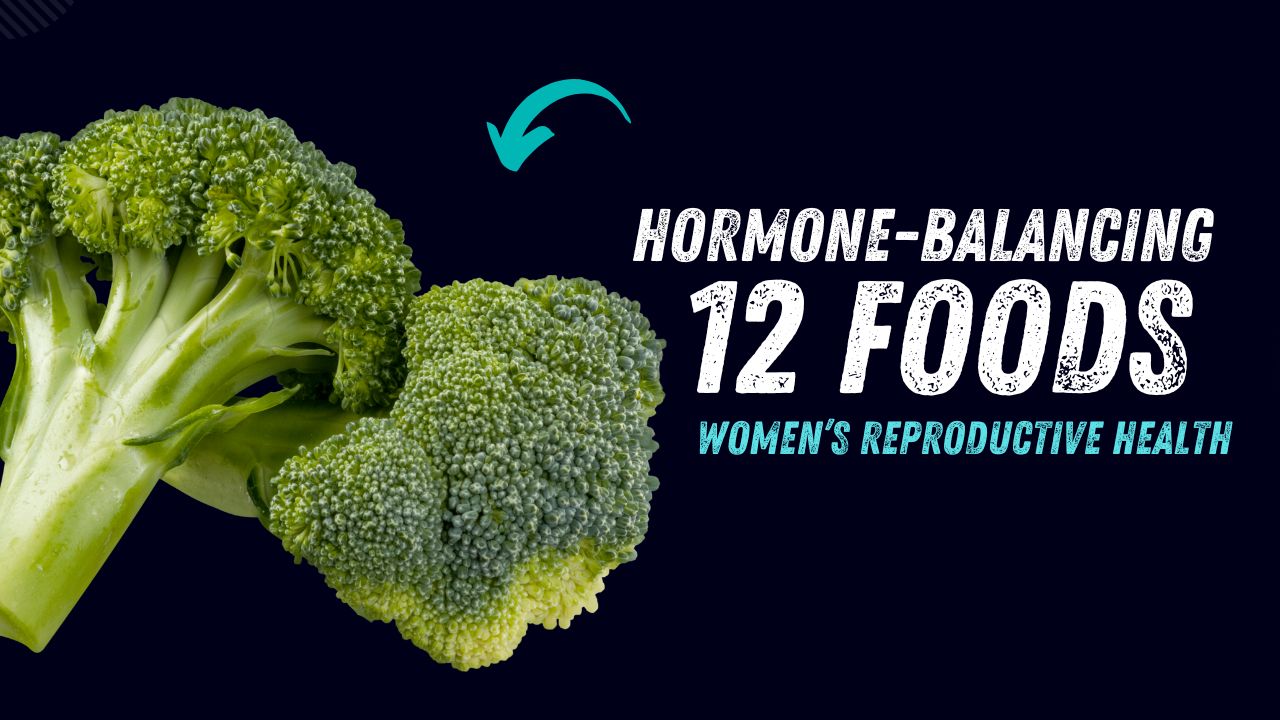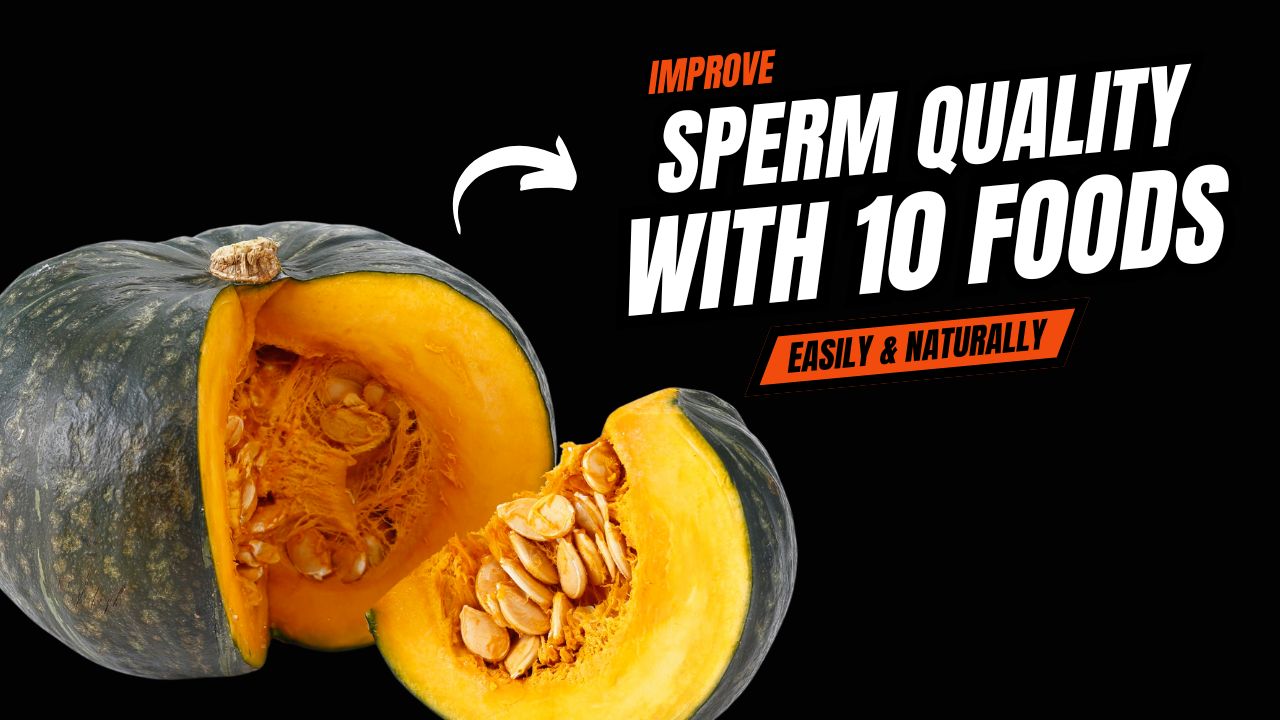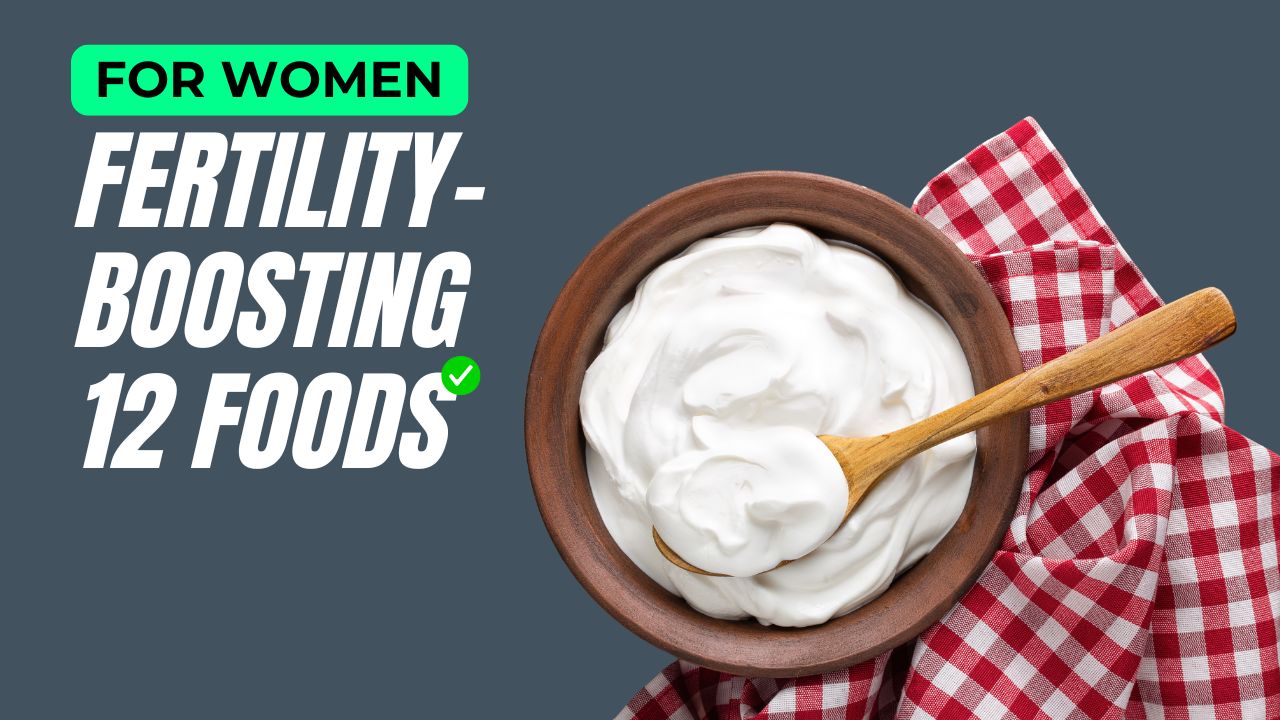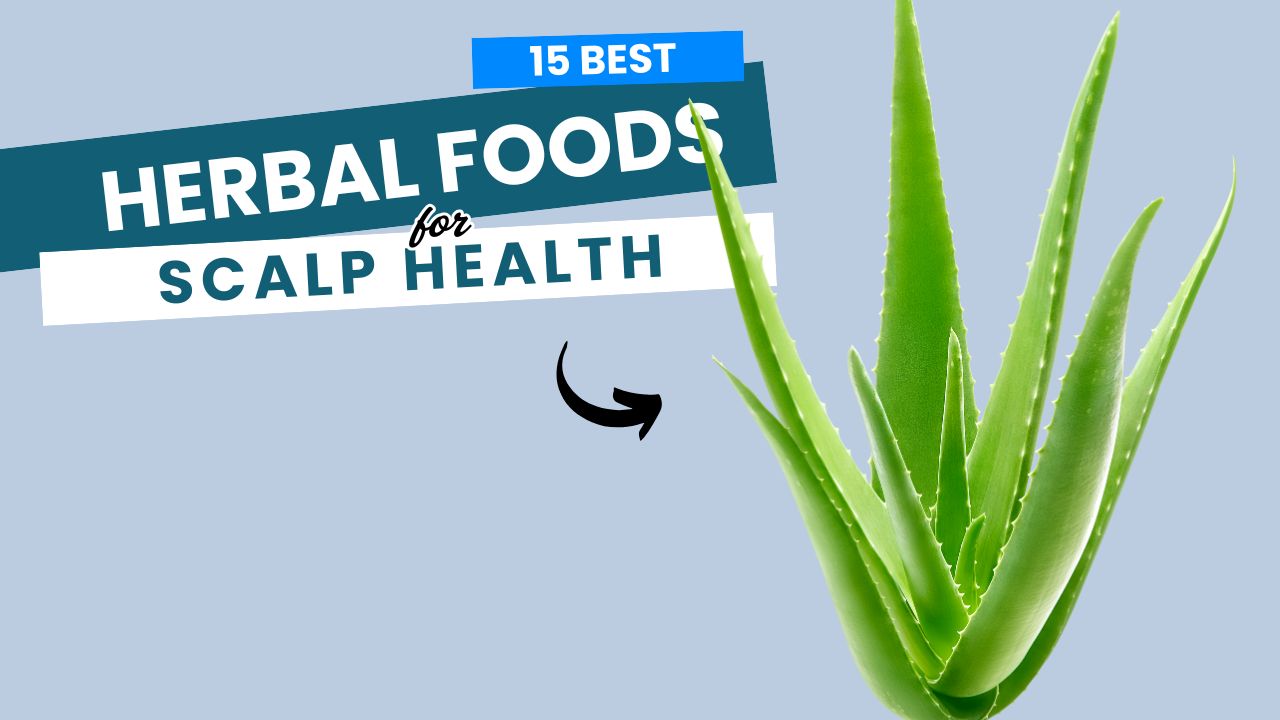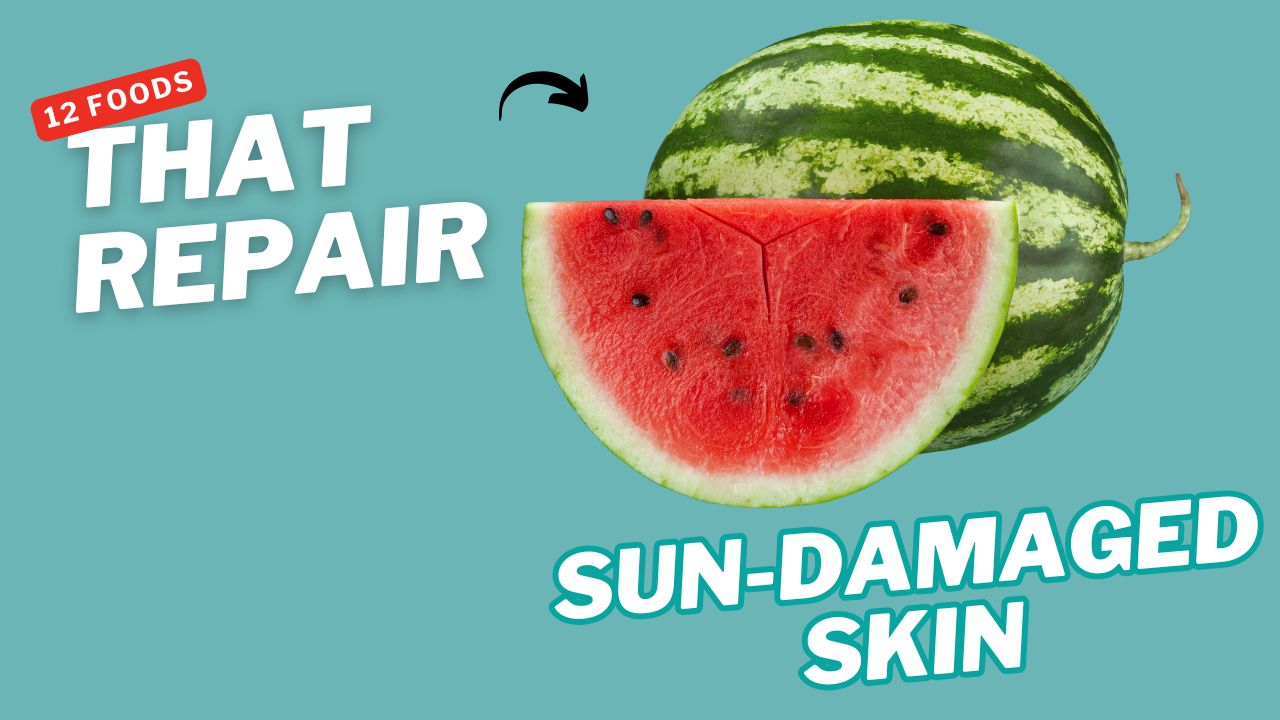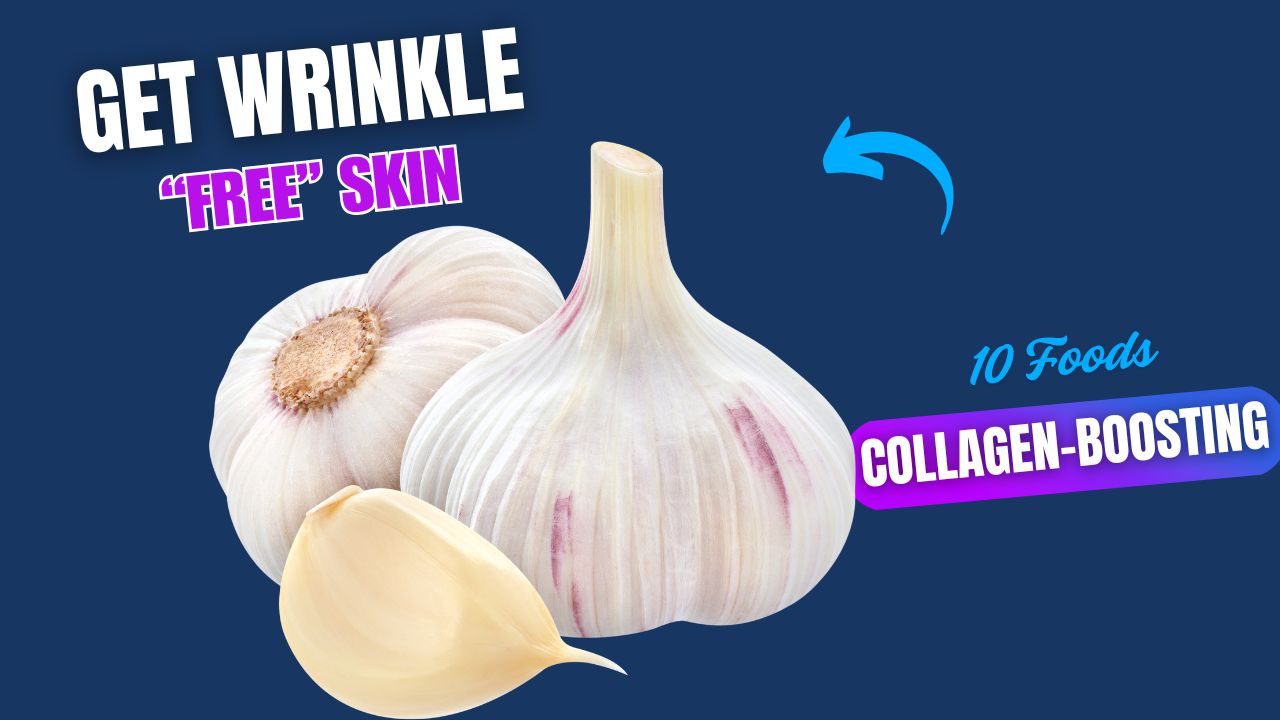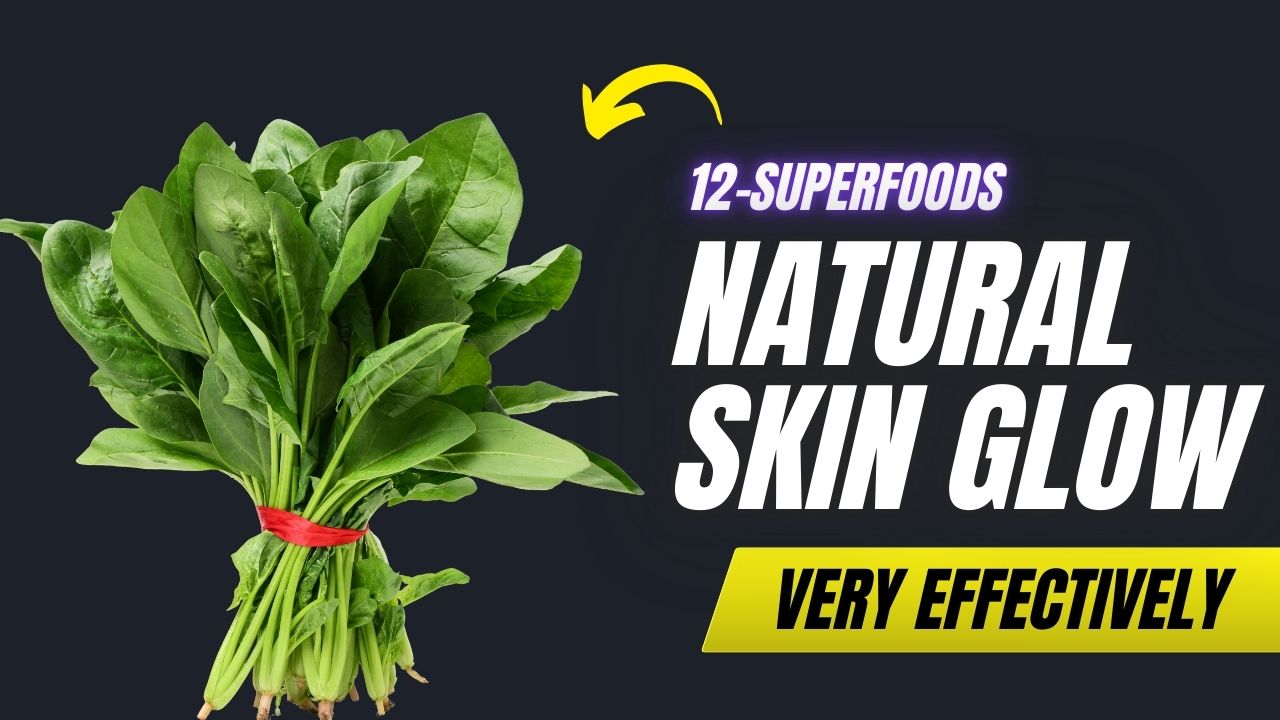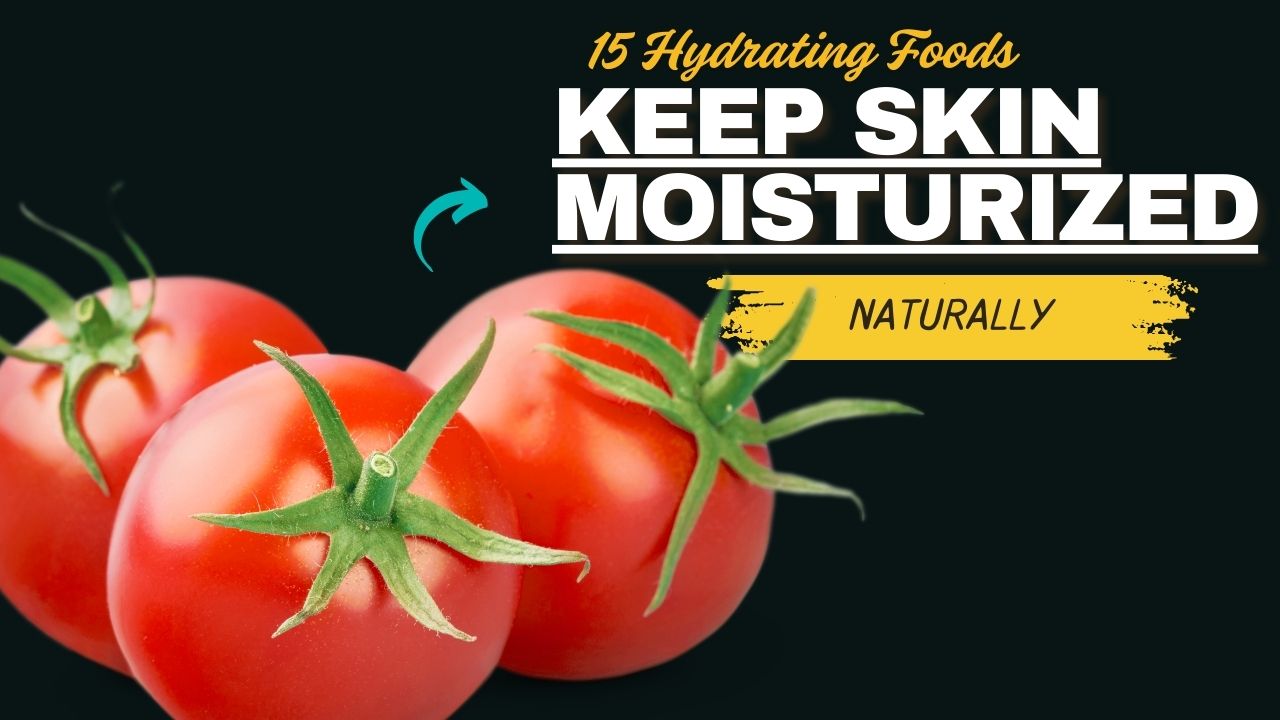Did you know that your diet doesn’t just affect your weight, skin, or energy—but also your hearing? Hearing loss is often thought of as an unavoidable part of aging, but research suggests that what you eat plays a powerful role in protecting your ears.
In fact, studies show that people with nutrient-rich diets are less likely to develop age-related hearing decline compared to those with nutrient deficiencies.
Imagine being able to hear your favorite music clearly at 70, or having meaningful conversations with loved ones without struggling to catch every word. That’s possible when you give your ears the nutrients they need.
In this article, we’ll explore 12 powerful foods that help prevent hearing loss. You’ll discover:
- Which vitamins and minerals are most important for ear health.
- How these foods protect the tiny hair cells in your inner ear.
- The best ways to eat and store them for maximum benefit.
- Who should eat them, who should avoid them, and potential side effects.
Let’s dive into the foods that can help you keep your ears sharp for years to come.
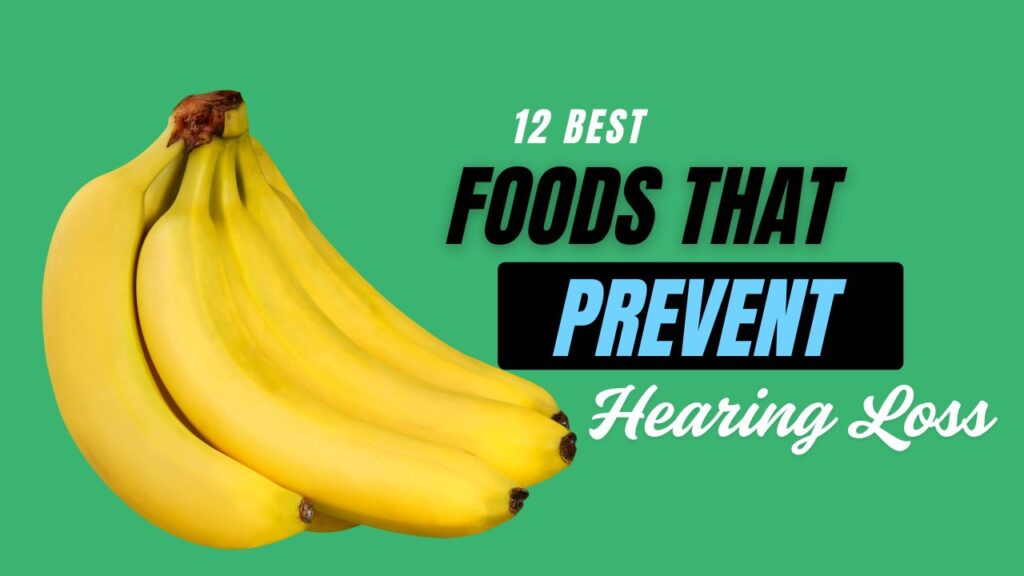
Table of Contents
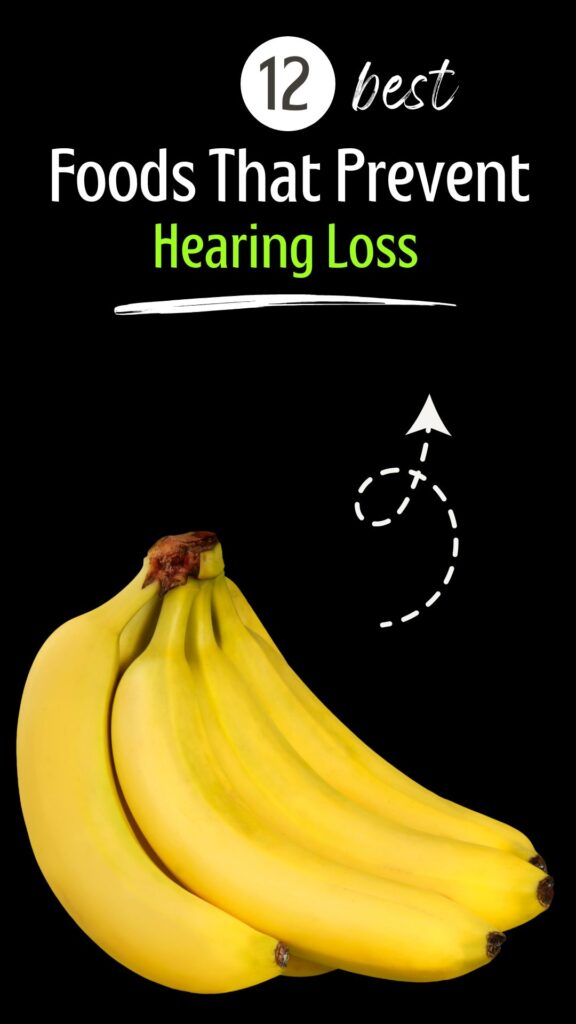
12 Effective Foods That Heal From Hearning Loss
1. Spinach
Spinach is rich in folate, magnesium, and potassium—nutrients essential for maintaining good blood flow to the inner ear, which helps protect hearing.
Best Ways to Eat or Use It
- Raw in salads.
- Lightly sautéed with garlic and olive oil.
- Blended in smoothies for a quick nutrient boost.
Who Should Eat / Avoid
- Good for: people with hypertension, older adults, and pregnant women.
- Avoid if: you have kidney stones (due to oxalates).
Storage & Buying Tips
- Choose dark green, crisp leaves.
- Store in the fridge wrapped in a paper towel to absorb moisture.
Do’s & Don’ts
✅ Do: lightly steam for maximum nutrients.
❌ Don’t: overcook—heat destroys folate.
Possible Side Effects
Excessive spinach may lead to kidney stone risk in sensitive individuals.
2. Salmon
Salmon is packed with omega-3 fatty acids and vitamin D, both linked to lower risk of age-related hearing loss. Omega-3s reduce inflammation in the auditory system and improve blood circulation.
Best Ways to Eat or Use It
- Grilled, baked, or steamed.
- Added to salads, wraps, or sushi.
Who Should Eat / Avoid
- Good for: older adults, people with heart conditions, and students (for brain and ear health).
- Avoid if: allergic to fish.
Storage & Buying Tips
- Look for firm, pink flesh.
- Freeze immediately if not cooking within 1–2 days.
Do’s & Don’ts
✅ Do: pair with lemon for freshness.
❌ Don’t: fry in too much oil.
Possible Side Effects
Excessive intake may increase mercury exposure (choose wild-caught when possible).
3. Oranges
Vitamin C in oranges acts as an antioxidant, protecting delicate ear cells from free radical damage. It also strengthens the immune system, lowering the risk of ear infections that can contribute to hearing loss.
Best Ways to Eat or Use It
- Fresh juice in the morning.
- Eaten whole as a snack.
- Added to fruit salads.
Who Should Eat / Avoid
- Good for: kids prone to ear infections, adults with weak immunity.
- Avoid if: you have acid reflux (may worsen symptoms).
Storage & Buying Tips
- Choose firm, heavy oranges with smooth skin.
- Store at room temperature for up to a week.
Do’s & Don’ts
✅ Do: eat whole for fiber.
❌ Don’t: rely only on packaged orange juice (too much sugar).
Possible Side Effects
Too much can cause stomach acidity.
4. Walnuts
Walnuts contain zinc and omega-3s, both critical for nerve and ear health. Zinc supports the immune system and helps reduce the risk of sudden hearing loss.
Best Ways to Eat or Use It
- Eaten raw as a snack.
- Added to oatmeal, yogurt, or salads.
Who Should Eat / Avoid
- Good for: students, office workers, and older adults.
- Avoid if: you have nut allergies.
Storage & Buying Tips
- Store in an airtight container in the fridge to prevent rancidity.
Do’s & Don’ts
✅ Do: eat a handful daily.
❌ Don’t: buy pre-salted or sugar-coated versions.
Possible Side Effects
High calorie content—avoid overconsumption.
5. Dark Chocolate
Here’s a treat that benefits your ears—dark chocolate is high in magnesium, which protects the tiny hair cells in your inner ear from noise damage.
Best Ways to Eat or Use It
- Small squares as a snack.
- Melted in oatmeal or smoothies.
Who Should Eat / Avoid
- Good for: people exposed to loud environments (e.g., musicians).
- Avoid if: you’re sensitive to caffeine.
Storage & Buying Tips
- Store in a cool, dry place.
- Choose varieties with 70% or higher cocoa.
Do’s & Don’ts
✅ Do: eat in moderation.
❌ Don’t: choose milk chocolate (too much sugar).
Possible Side Effects
Overeating may lead to weight gain or jitters.
6. Bananas
Bananas are an excellent source of potassium, which regulates fluid balance in the inner ear and supports hearing function.
Best Ways to Eat or Use It
- Blended into smoothies.
- As a quick snack with peanut butter.
Who Should Eat / Avoid
- Good for: athletes, people with high blood pressure.
- Avoid if: you have kidney disease.
Storage & Buying Tips
- Buy slightly green bananas to last longer.
- Store at room temperature, not in the fridge.
Do’s & Don’ts
✅ Do: pair with protein for balanced energy.
❌ Don’t: eat overly ripe ones if diabetic.
Possible Side Effects
Excess potassium may cause heart rhythm issues in some.
7. Broccoli
Broccoli is rich in antioxidants and vitamin K, which help reduce oxidative stress linked to hearing damage.
Best Ways to Eat or Use It
- Steamed or lightly sautéed.
- Added to stir-fries and soups.
Who Should Eat / Avoid
- Good for: kids, adults on weight-loss diets.
- Avoid if: prone to gas/bloating.
Storage & Buying Tips
- Store in the fridge in a perforated bag.
- Choose firm, dark-green florets.
Do’s & Don’ts
✅ Do: steam instead of boiling.
❌ Don’t: overcook until mushy.
Possible Side Effects
Gas and bloating if consumed in large amounts.
8. Eggs
Eggs provide vitamin B12 and vitamin D, both important in protecting against age-related hearing decline.
Best Ways to Eat or Use It
- Boiled, scrambled, or poached.
- Added to salads or breakfast wraps.
Who Should Eat / Avoid
- Good for: children, older adults, vegetarians who eat eggs.
- Avoid if: allergic to eggs.
Storage & Buying Tips
- Store in the refrigerator in the original carton.
Do’s & Don’ts
✅ Do: boil instead of frying for healthier option.
❌ Don’t: leave eggs unrefrigerated.
Possible Side Effects
Overeating may raise cholesterol for some individuals.
9. Avocados
Avocados are rich in magnesium and potassium, helping to maintain inner ear fluid balance and protect against noise-induced hearing damage.
Best Ways to Eat or Use It
- Mashed on whole-grain toast.
- Added to salads or smoothies.
Who Should Eat / Avoid
- Good for: heart health, athletes, older adults.
- Avoid if: you’re trying to cut calories (avocados are high in fat).
Storage & Buying Tips
- Buy slightly firm ones to ripen at home.
- Store ripe avocados in the fridge.
Do’s & Don’ts
✅ Do: eat fresh for maximum nutrients.
❌ Don’t: leave cut avocado exposed—oxidizes quickly.
Possible Side Effects
May cause stomach upset in those with sensitivity.
10. Sweet Potatoes
Sweet potatoes are packed with beta-carotene and antioxidants that protect against age-related hearing decline.
Best Ways to Eat or Use It
- Roasted, baked, or mashed.
- Added to soups and curries.
Who Should Eat / Avoid
- Good for: diabetics (low glycemic index), athletes.
- Avoid if: you’re on a low-carb diet.
Storage & Buying Tips
- Store in a cool, dark, ventilated place.
Do’s & Don’ts
✅ Do: roast with olive oil.
❌ Don’t: refrigerate—causes hard core.
Possible Side Effects
Overeating may cause digestive discomfort.
11. Blueberries
Blueberries are antioxidant powerhouses, protecting ear cells from oxidative stress and age-related decline.
Best Ways to Eat or Use It
- Fresh as a snack.
- Blended in smoothies.
Who Should Eat / Avoid
- Good for: older adults, kids, and athletes.
- Avoid if: you have berry allergies.
Storage & Buying Tips
- Store in fridge and wash only before use.
Do’s & Don’ts
✅ Do: eat fresh or frozen.
❌ Don’t: leave them wet—causes mold.
Possible Side Effects
Overeating may cause stomach upset.
12. Garlic
Garlic improves blood circulation and lowers inflammation, which helps protect inner ear health.
Best Ways to Eat or Use It
- Fresh in cooking.
- Roasted for milder flavor.
Who Should Eat / Avoid
- Good for: adults with high blood pressure.
- Avoid if: taking blood-thinning medications.
Storage & Buying Tips
- Store in a cool, dry place.
- Avoid refrigerated storage—it reduces shelf life.
Do’s & Don’ts
✅ Do: use fresh garlic.
❌ Don’t: rely only on garlic supplements.
Possible Side Effects
Can cause bad breath and digestive discomfort in excess.
Conclusion
Your ears are more sensitive than you think, and the right foods can go a long way in protecting your hearing.
From magnesium-rich dark chocolate and potassium-packed bananas to omega-3 loaded salmon, these 12 foods nourish your auditory system, improve circulation, and guard against age-related decline.
Incorporating them into your daily meals is simple—whether it’s a spinach smoothie in the morning, walnuts as a snack, or salmon for dinner. The key is consistency.
Takeaway: Start small by adding at least two of these foods to your daily diet and build from there. Your ears will thank you years down the line.
Have you tried any of these ear-protecting foods in your meals? Share your favorite recipe or snack idea in the comments below!
Frequently Asked Questions (FAQs)
Can food really prevent hearing loss?
Yes. While diet alone can’t guarantee perfect hearing, research shows that nutrient-rich foods—especially those high in antioxidants, omega-3 fatty acids, magnesium, and vitamins—help protect the inner ear from age-related and noise-induced damage.
Which vitamin is most important for ear health?
Vitamin B12, folate, vitamin C, vitamin D, and magnesium are among the most essential. They improve circulation, reduce oxidative stress, and support nerve health in the auditory system.
How does magnesium protect hearing?
Magnesium helps regulate blood flow to the inner ear and protects delicate hair cells from noise damage. Foods like spinach, bananas, avocados, and dark chocolate are excellent sources.
Are omega-3 fatty acids good for hearing?
Yes. Omega-3s found in salmon, walnuts, and other fatty fish reduce inflammation and improve circulation, lowering the risk of age-related hearing decline.
Can vitamin deficiencies cause hearing problems?
Absolutely. Deficiencies in folate, vitamin B12, or zinc may increase the risk of hearing loss by affecting blood circulation and nerve function in the ear.
How often should I eat these foods for better hearing?
For long-term ear health, include at least 3–5 of these foods in your weekly diet. Consistency matters more than quantity in one meal.
Are supplements as effective as food for hearing protection?
Whole foods are the best source since they provide a mix of nutrients, fiber, and antioxidants. Supplements may help if you have deficiencies, but they shouldn’t replace a balanced diet.
Can children benefit from these hearing-friendly foods?
Yes. Nutrient-rich foods like oranges, blueberries, and eggs support ear health in children while also boosting immunity and brain development.

